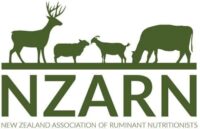Search results...
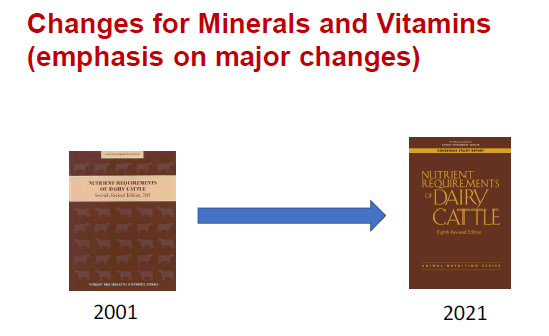
Mineral Updates – the latest NRC update explained. Dr. Bill Weiss
Dr. Bill Weiss is a Professor emeritus of dairy cattle nutrition at The Ohio State University. He worked extensively in the areas of minerals and vitamins on cow health, forage, feed evaluation and methods to incorporate variability into ration formulation for dairy cattle. Dr. Weiss has published more than 140 journal articles and 450 proceedings
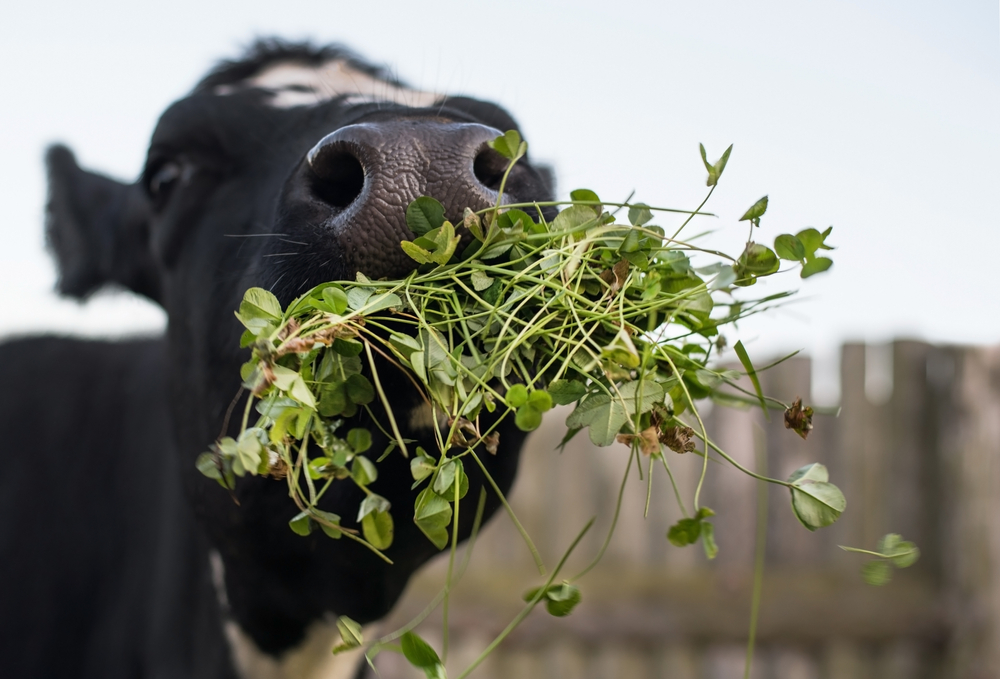
A Case Study on Farm. Dr. Laura Pattie
Laura has joined PGG Wrightson after a 10-year career as a farm vet. Her passion is all things animal nutrition. During her veterinary career Laura has seen how good nutrition translates into great production, reproduction and animal health outcomes. Laura is a firm believer in setting good foundations of nutrition and building from this base
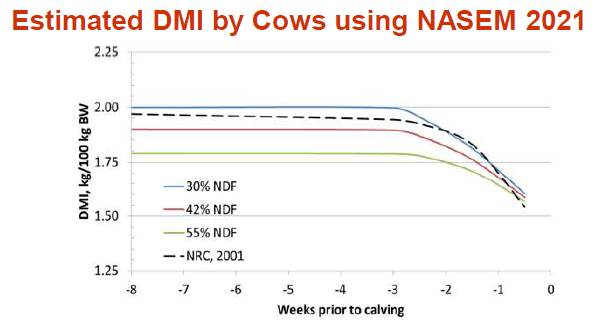
Transition Cow NRC 2021 Update, Prof. Bill Weiss
Dr. Bill Weiss is a Professor emeritus of dairy cattle nutrition at The Ohio State University. He worked extensively in the areas of minerals and vitamins on cow health, forage, feed evaluation and methods to incorporate variability into ration formulation for dairy cattle. Dr. Weiss has published more than 140 journal articles and 450 proceedings
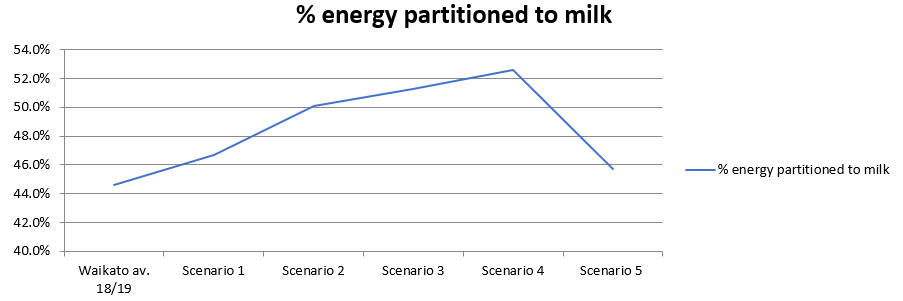
GHG, Nutrients and Economics, A Modelling Exercise. Offering Alternative Strategies, Helwi Tacoma
Helwi presented a piece of work he has been a part of that used modelling to look into environmental impact of grazing dairy systems and their profitability across a number of different scenarios. The same farm parameters were used for each scenario but with cow size, genetic potential and concentrate inputs varied across the scenarios
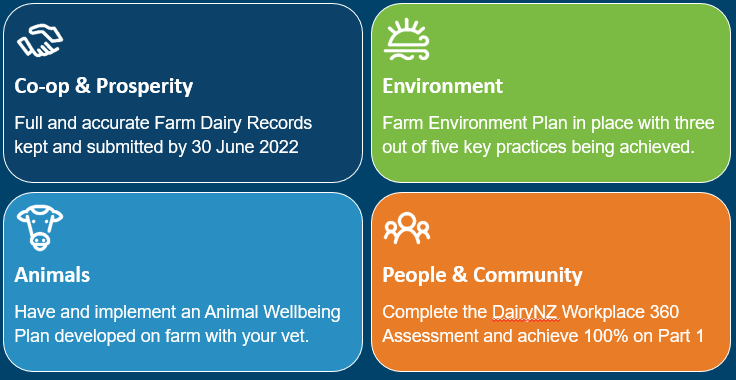
Fonterra’s Co-Operative Difference Overview (animal aspects), Michael Shallcrass
This presentation by Michael Shallcrass gives a comprehensive yet succinct explanation of the Co-Operative Difference, a framework on which producers are incentivised to manage environmental, social and governance standards in line with Co-operative expectations. Of interest to members of the NZARN is the focus on winter grazing management, and the framework around nutrition, welfare and
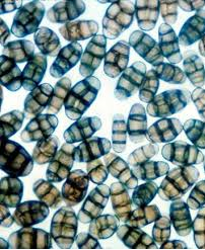
New science in facial eczema, Dr. Emma Cuttance
Dr. Emma Cuttance from VetEnt shares the latest New Zealand research information that has been carried out for the passed several years focusing on facial eczema. She showcases the impact of GGT levels on milk production and the risk of high GGT levels in consecutive years. Emma shares the impact of zinc delivery methods on
